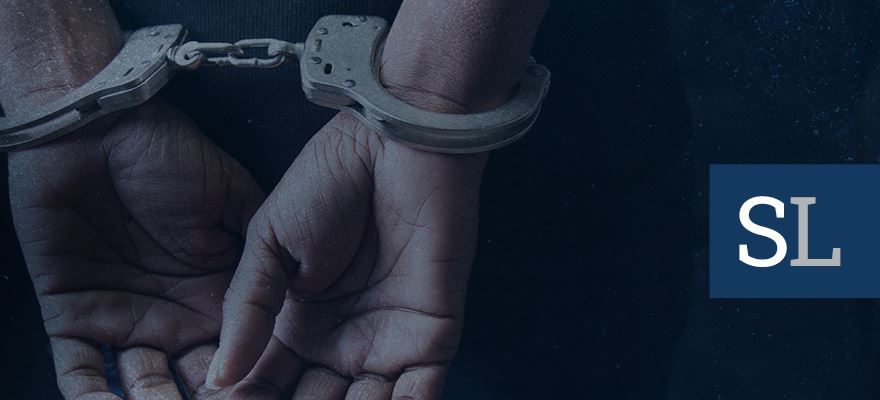The attorney-client privilege is among the oldest traditions of the Anglo-American legal system, and has been a firmly established right for more than 500 years. A person who has been accused of committing a crime is, under the attorney-client privilege, secure to say anything and everything that he or she wishes to an attorney, and can do so with the confidence that any and all such statements will be held in privacy. Whatever you say to your attorney during private, one-on-one consultations, cannot later be exposed as evidence against you, whether you are on the bench testifying or if it is your attorney who is speaking about the case.
This is vital, because it makes it possible for you and your attorney to engage in a free and honest exchange of communication. You can tell your lawyer your side of the story, you can explain the reasons why you are innocent, or you can even confess to the allegations. It is only when your attorney has the full and accurate picture of the situation that he or she can develop the most effective strategy for defending your rights. The attorney-client privilege recently came into question in a case that made it to the Supreme Court of Georgia, and anyone with an interest in criminal law should take note.
Attorney-Client Privilege Invalidated by Presence of Third Party
In Rogers v. State, S11A0659, the state Supreme Court ruled in favor of a judge's decision to permit evidence to be used from a phone call between the defendant and his attorney. Under normal circumstances, this would not be allowable. What set this situation apart was the fact that the discussion occurred on a three-way call in which the defendant's girlfriend was the third party. Based on the fact that the girlfriend's comments recorded at the end of the call indicated that she was listening to the conversation, the court ruled that the call was not protected under the attorney-client privilege. In light of this, it is important to keep in mind that any time you are speaking with your criminal defense attorney and need to discuss information which could be used as incriminating evidence, you should ensure that only you and your attorney are present so as to maintain the confidentiality of the meeting.
Phone Calls in Jail Are Normally Recorded
The fact that the defendant's girlfriend overheard the phone call was not the only issue that led the court to rule that the recording of the call was permissible as evidence in court. Under O.C.G.A. § 16-11-62 (2)(A), jail inmates and prisoners in Georgia do not have any reasonable expectation of privacy and may be listened to and recorded during their phone calls. The exception to this is that inmates are required to be given privacy when discussing their cases with their attorneys.
Unfortunately for the defendant in Rogers v. State, he did not tell the jail officers that he needed to speak with his attorney in private, so he made the call on one of the normal phones that was equipped with a recording device. Factually, the defendant didn't really have any grounds to claim that he was unaware that the call was being recorded. Every inmate at the jail was given a handbook which contained a warning about the call recording, and this was in addition to a sign next to the phone which carried the same proviso, and even a recorded message that plays at the beginning of every call.
Do you need a Marietta criminal defense lawyer?
Fortunately, the rest of us don't have to make the same mistake he did. If you ever find yourself in jail, make sure that you say nothing about your case unless you are 100% certain that you are speaking in privacy. If you have a friend or family member who is currently in jail or prison, make sure that he or she does the same. Ensure that you have a chance to meet in private with your Marietta criminal defense attorney so that you can discuss your situation and work on a strategy for defending your rights. Contact Stahlman Law P.C. now for a free case evaluation to learn more.
